In a country like India, which is on a growing path, business deals are happening literally everywhere. But that’s not the question, the main thing is, how big of the business deals have happened right here in India? Well, to be honest, if you get down to the research part about it all, you’ll uncover some really shocking details, like some business deals out there are worth multiple billions of dollars. That must be mind-boggling for most of you, but if you don’t want to dig down deeper on your own, no problem at all! Why? Well, we’re here with a list of the top 10 most expensive business deals in India Ever. So, let’s just get to it.
1. Vodafone-Idea Merger (2018)
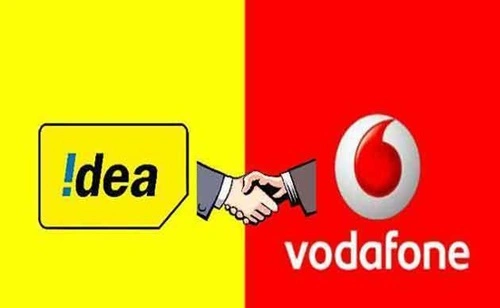
Well, just imagine, what happens when 2 Telecom Giants decide to join hands, well, sure enough, this is exactly what the Vodafone-Idea merger for an unbelievable $23 billion amounts to in reality. Just so you know though, it was not just a power move; it was survival mode, after being hit by the Jio tsunami, you know? What did they want to do, like what was the real idea behind it all? Well, that was just to join forces, increase networks, and keep people in business, that’s all. With this one though, Vodafone took the bigger slice in a 45.1% stake while the Aditya Birla Group held 26%.
2. Walmart’s Acquisition of Flipkart (2018)
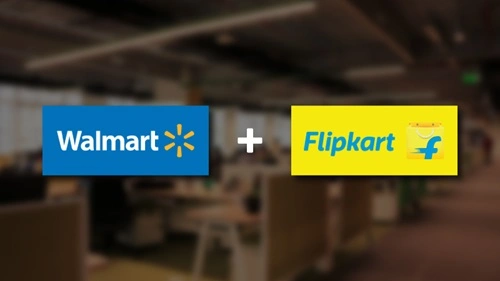
If you know, well, sure, Walmart entered India not through its grocery chains or supercenters but through Flipkart! And it has not come cheap, you know, to the tune of a whopping $16 billion for a 77% stake in the e-commerce giant. Why? Because Flipkart was already killing it in the online shopping space. For Walmart, it was a super big deal because they were now getting into the super competitive Indian market with an already established player. Flipkart, on its part, got a mega boost for its logistics and supply chain. Win-win, no?
3.Tata Steel’s Acquisition of Corus Group (2007)
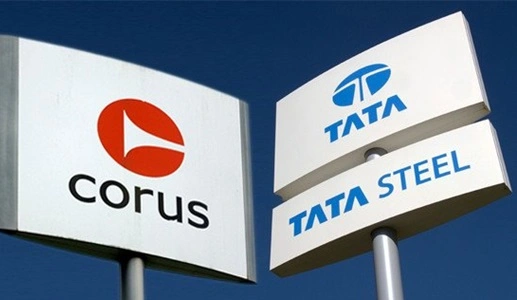
This, in fact, was a real moment of “Made In India”: Tata Steel hit the headlines in 2007 by snatching Corus Group, you know, the United Kingdom-based company, for a fabulous $12.2 billion. Sure enough, like, at that time, it was the largest overseas acquisition by any Indian company. But Tata was not looking for such conquest: access to the technology of Corus would bring it open outlets into the European markets, you know? A proud moment in the country’s journey, though, later down the line, the global financial crisis tested not just their patients but their budget aka financials as well.
4. Vodafone’s Acquisition of Hutchison Essar (2007)
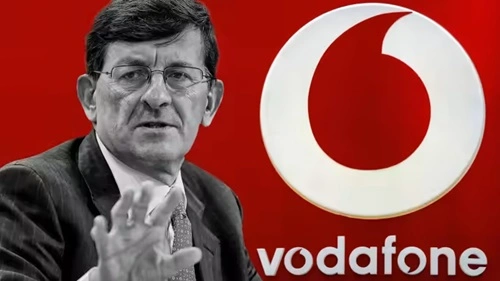
If you remember, well, the arrival of Vodafone in India was announced in grand style by taking a 67% stake in Hutchison Essar for a whopping $11.1 billion. Like, do you even remember those brilliant “Hutch dog” ads? Well, Vodafone now owns them. The aim was pretty simple, tap the enormous telecom market that is India. But, then, all great adventures have some turbulence, right? Like, later down the line, Vaughn was to spend years getting all messed up by Indian authorities over taxes.
5. Hindalco’s Acquisition of Novelis (2007)
You see, when Hindalco, the aluminum division of the Aditya Birla Group, acquired Novelis for $6 billion, it did not acquire a business but had an entry ticket to the globe. Just so you know though, this investment has made Hindalco the largest producer of aluminum rolled products. It has also provided technology transfer to Hindalco regarding high-end technologies and markets in North America and Europe. As India said, it made ‘Make in India’ more global in its footprint, you know?
6. Reliance-Future Group Acquisition (2020)

That was definitely a grand one, but how? Well, just so you know, Reliance Industries bought Future Group’s retail, wholesale, and logistics businesses for $3.4 billion. By this move, Reliance has become a retail giant with brands like Big Bazaar and Foodhall. Hold on, all was not well, like what? Well, sure enough, Amazon put up legal resistance, delaying the completion of the deals. Drama apart, it really was an edge for Reliance in the retail market in India.
7. NTT DoCoMo-Tata Tele Deal (2008)
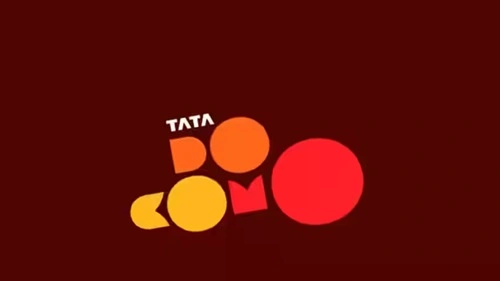
Next on the list, some of you might remember, Japanese telecom giant NTT DoCoMo had a deal with Tata Teleservices to buy a stake of 26% worth $2.7 billion way back in 2008. The plan was quite simple: the tech-savvy DoCoMo with Tata’s knowledge of the local market. However, it did not work well. The dismal financial situation of Tata Tele made DoCoMo come out at a later stage, making this a deal that looked rosy on paper but hit too many roadblocks in reality, you know?
8. Tata Motors’ Acquisition of Jaguar Land Rover (2008)
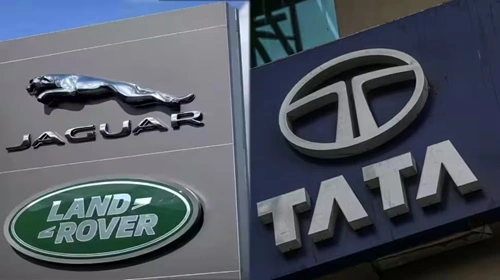
You see, when Tata Motors acquired Jaguar Land Rover from Ford in 2008 at $2.3 billion, it was an underdog purchase, but how? Well, the main question was: Could an Indian company manage two shiny iconic luxury automobile brands? Well, that’s what they proved later down the line.
9. Sony-Zee Merger (2021)
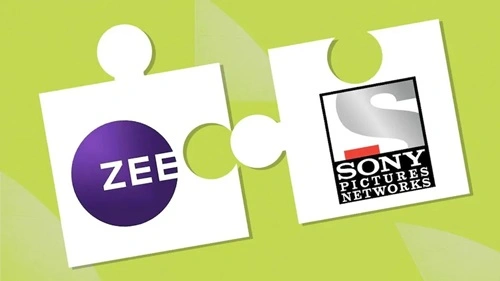
Like, when two big majors in the industry come together, like Sony Pictures Networks India and Zee Entertainment Enterprises, you can count on it to be big, that’s for sure. Like, at an estimated $1.575 billion, this merger certainly pooled the financial muscle of Sony with Zee’s huge content reservoir to create” One of the Biggest Media Powerhouses in India.” From TV shows to movies to sports, this merger will give a serious run to digital streaming rivals right here in India, and that will be pretty interesting to see.
10. Indus Towers-Bharti Infratel Merger (2020)
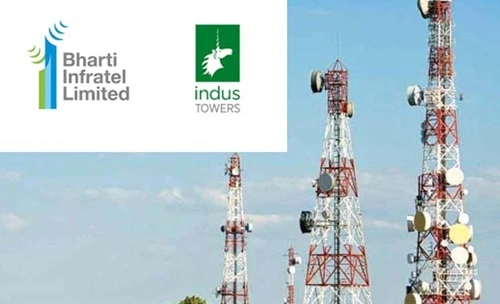
How do you create an outside-China telecom infrastructure giant? You merge them, that’s how! Like, the Indus Towers and Bharti Infratel merger valued at $1.5 billion has done just that: 172,000 towers are all combined under one roof for formalities-cum-reducing cost required to prepare for the data demands of the country, you know?
Conclusion
Ask anyone, check any resource out there, or any news article on this subject, these are by far the biggest and most expensive business deals in India, like EVER. And as you saw, how these deals turned out for both parties, and how in the favor of India as a whole, or sometimes in the favor of the customers as well.















